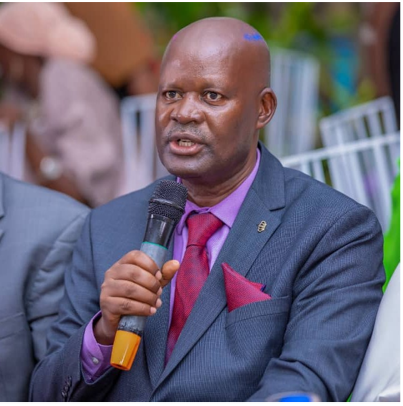 Barabanawe Francis is a retired public servant with proven experience in urban management having worked for 34 years as chief executive and accounting officer for several towns and municipalities in Uganda that include: Hiima, Katwe- Kabatoro, Ntungamo, Fort Portal, Arua, Jinja, Kampala Capital City Authority-Kawempe Division, Gulu and Mbarara. He greatly contributed to the elevation of most municipalities where he worked to city status by ensuring the requisite services and infrastructure are put in place.
Barabanawe Francis is a retired public servant with proven experience in urban management having worked for 34 years as chief executive and accounting officer for several towns and municipalities in Uganda that include: Hiima, Katwe- Kabatoro, Ntungamo, Fort Portal, Arua, Jinja, Kampala Capital City Authority-Kawempe Division, Gulu and Mbarara. He greatly contributed to the elevation of most municipalities where he worked to city status by ensuring the requisite services and infrastructure are put in place.
He holds a master’s degree in management studies, a bachelor’s degree in arts, a post-graduate diploma in public administration and management, and a certificate in administrative law. He has attended several short courses in procurement, financial management, governance, urban management, leadership and change management, and strategic planning in Uganda and beyond. He has presented at several forums in Uganda, focusing on local economic development, decentralization, physical planning, urbanization, public land and public space management, administration of new cities in Uganda and more.
He served as a regional consultant with UN DESA, coordinating outreach across Africa for the Online Solutions Dialogues workshops on infrastructure asset management.
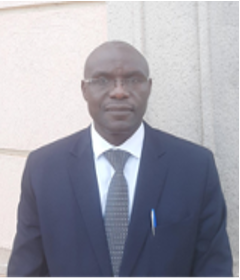
Francis Byabagambi is an experienced public service practitioner who, for the last 25 years, has served in different roles in local governments and urban administration. He has worked in various municipalities including Bushenyi-Ishaka, Kasese, Arua and Jinja, giving him a broad understanding of asset management, financial and human resources, procurement and general urban management issues that affect local governments. He is now the Town Clerk and Chief Executive of Nansana Municipal Council. Mr. Byabagambi led the development and implementation of the Asset Management Diagnostic Tool and AMAPs in Uganda and provided substantive inputs to the Managing Infrastructure Assets handbook.

Dustin Carey is a Capacity Building Officer with the Federation of Canadian Municipalities. After receiving his Master of Climate Change degree, he applied his understanding of climate science to the fields of climate adaptation and natural disaster resilience at the municipal scale. Specializing in flood mitigation and municipal asset management, Dustin has led national training programs to enable local governments to better respond to climate risk. Having managed the development of a guide on integrating climate change considerations into municipal asset management, he is a recognized national expert for those seeking information on climate change adaptation and practical resilience strategies. He is the Secretariat co-lead of the Municipal Climate Services Collaborative. Mr. Carey is the lead author of Chapter 6, Climate-resilient asset management: a process for local governments in the Managing Infrastructure Assets handbook.
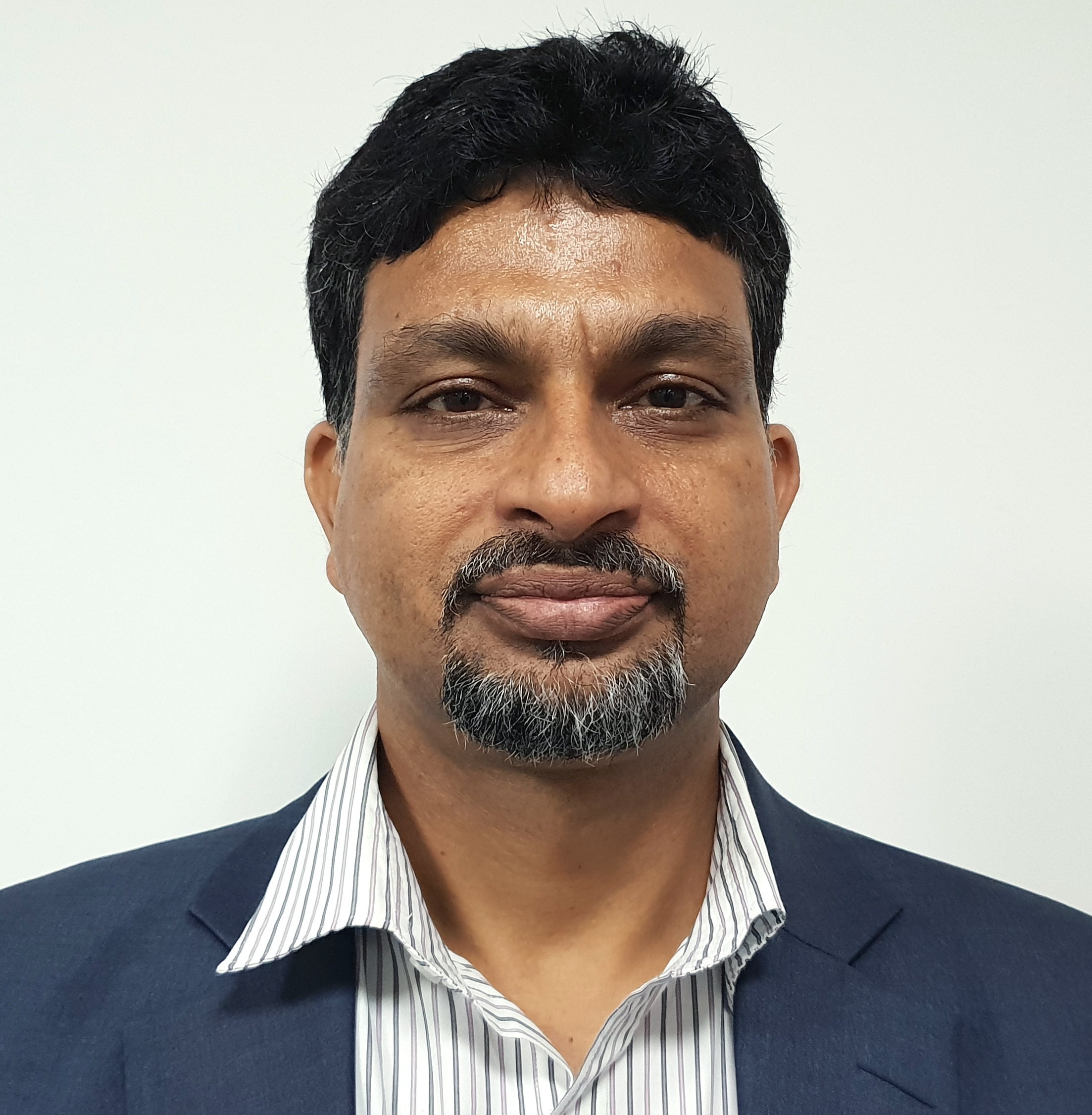
Mohan P. Dhakal, a Public Finance Management Expert in Nepal, has many years of experience working with projects managed by various government ministries, departments and agencies. He has also been involved in national and international assignments focusing on programme finance and public finance management. During 2015 to 2019, he supported the Ministry of Federal Affairs and General Administration on their local governance programme in Nepal. Mr. Dhakal has served as an International UN Volunteer in Sierra Leone and Bangladesh and holds an MBA in Finance from Tribhuvan University, Nepal. He led the development and implementation of the Asset Management Diagnostic Tool and AMAPs in Nepal and provided substantive inputs to the Managing Infrastructure Assets handbook.
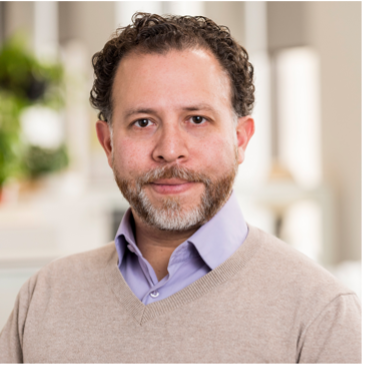
Marshall Gallardo has over 15 years of experience in managing and leading a wide variety of programs in association capacity building, community economic development, and asset-infrastructure management programs in Canada, the Latin America and Caribbean region and in South Africa. Currently, Marshall manages the Building Inclusive Green Municipalities program, a capacity development initiative covering local economic development, climate change, asset management and gender equity, for the Federation of Canadian Municipalities in conjunction with the South African Local Government Association.
Marshall completed a BAH in Political Economy and International Development from the University of Guelph in 2001. He also completed a post-graduate diploma in International Business Management from Seneca College in 2002. Marshall also earned a collaborative Masters degree in Capacity Building and International Development from the University of Guelph in 2006. Most recently, Marshall completed and was awarded a certificate in Asset Management from the UK based Institute of Asset Management in 2017. Using a practical participatory approach, Marshall has assisted organizations achieve their program management and organizational development needs in Canada, Colombia, Costa Rica, El Salvador, Mexico and South Africa.

Fernando Granados Franco is an experienced international consultant in the fields of urban planning and development and municipal management. He holds a master’s degree in Urban Planning from Harvard University and a Bachelor of Architecture from Monterrey Institute of Technology in Mexico. Fernando has led and/or participated in multiple technical assistance and capacity building programs in Mexico, Panama, Honduras and the Dominican Republic, for multilateral organizations and national and subnational governments. He has also worked for government institutions such as Infonavit and the Ministry of Social Development in Mexico; and for organizations such as the World Bank’s International Finance Corporation; Habitat for Humanity International; the United Nations Human Settlements Programme (UN-Habitat) and Department of Economic and Social Affairs (UN-DESA); and the Organization of American States. Fernando is co-author of the publications Building Better Cities with Strategic Investments in Social Housing and Transit-Oriented Development for Mexico City.

Vladimir Grozdev has a Master’s degree in Civil Engineering and works in public infrastructure investment projects as a Civil Engineering Consultant and Senior Project Manager since 1985. He has expertise in the identification, development, implementation and evaluation of infrastructure projects and institutional development programs and gained experience as a Senior Consultant at Booz Allen & Hamilton, Chemonics International and HKA Engineering in South Eastern Europe and Africa. Since 2001, Mr. Grozdev has been the owner of a consulting company. As Programme Evaluator, he has provided recommendations for strengthening capacities and implementation of Integrated Asset Management in more than 90 Public Water Utilities in Southeastern Europe. Mr. Grozdev is the lead author of Chapter 5, Capturing and utilizing the right data for effective asset management in the Managing Infrastructure Assets handbook.

Bidhan Krishna Das is a Municipal Asset Management and Local Development Finance Expert. He started his United Nations career in the Local Development Finance Practice Area (LDFPA) at the United Nations Capital Development Fund (UNCDF). Before joining the United Nations, he worked as a business executive for several private companies in Bangladesh and Germany. He earned a Master’s degree in Economics from Shahjalal University of Science & Technology, Bangladesh, and another Master’s degree in Economics and Finance from Rhine-Waal University of Applied Sciences, Germany. Mr. Das led the development and implementation of the Asset Management Diagnostic Tool and AMAPs in Bangladesh and provided substantive inputs to the Managing Infrastructure Assets handbook.
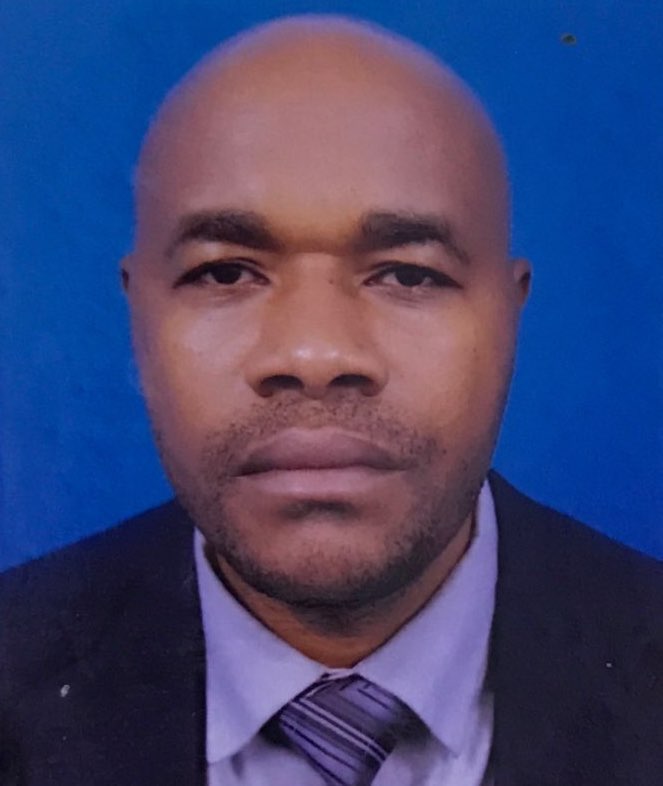
Siasa Mzenzi is a Senior Lecturer in Accounting at the Department of Accounting, University of Dar es Salaam Business School (UDBS), University of Dar es Salaam, Tanzania. He has a Bachelor’s degree of Commerce (B.Com.) Accounting and Master’s in Business Administration (MBA), both from University of Dar es Salaam, Tanzania, as well as a Doctor of Philosophy (Ph.D.) from University of Southampton, United Kingdom. Mr. Mzenzi is a renowned researcher and professional consultant on public sector accountability and governance. He led the development and implementation of the Asset Management Diagnostic Tool and AMAPs in Tanzania and provided substantive inputs to the Managing Infrastructure Assets handbook.
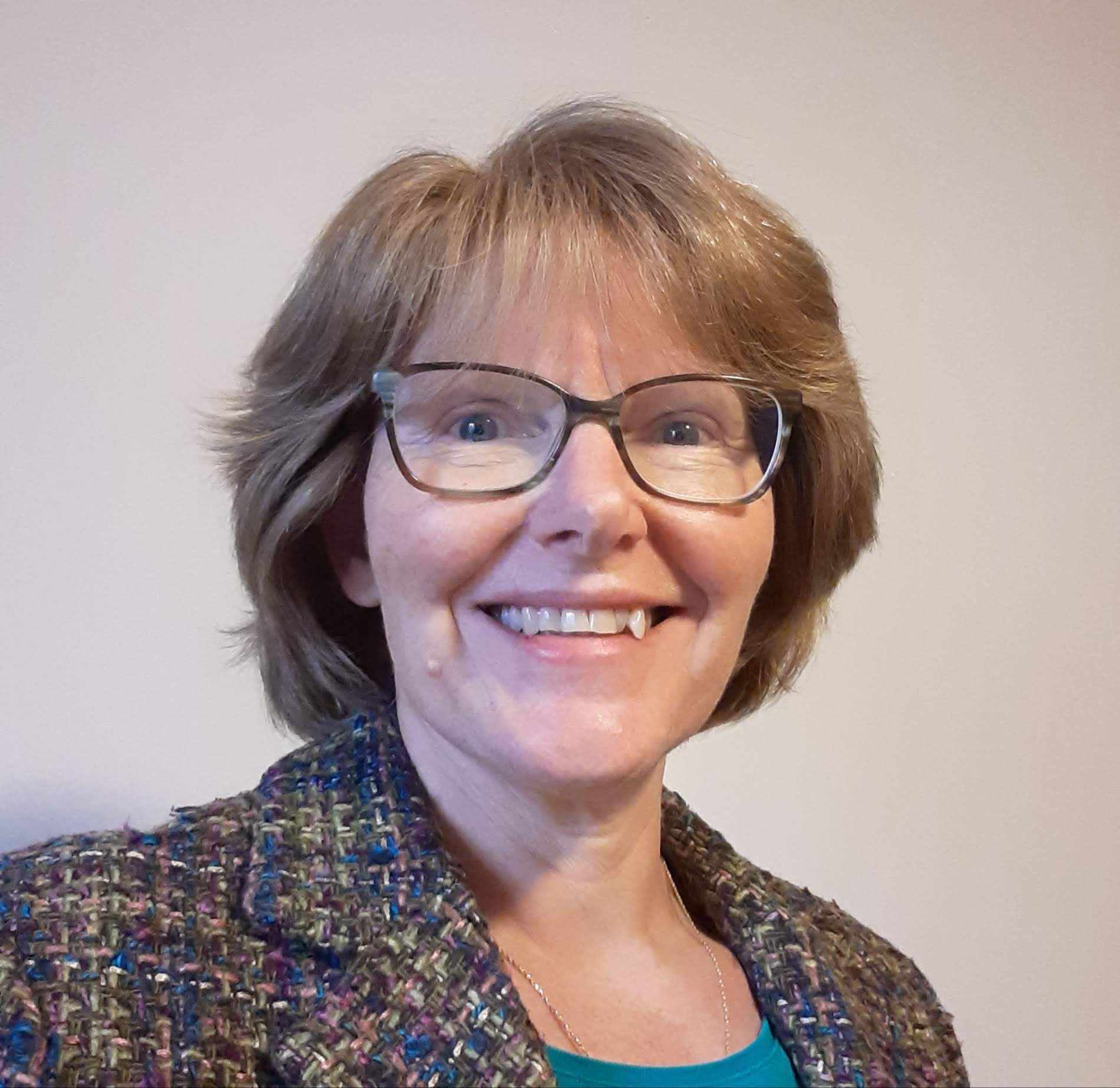
Linda Newton (CD, Ph.D., FCSCE, PMP) has over 35 years of experience in physical asset management. This includes managing infrastructure for the Canadian Department of National Defence, post-doctoral work at the National Research Council Institute for Research in Construction, and leading the Real Property Management service line at Defence Construction Canada. She is an Adjunct Professor in the Department of Civil and Environmental Engineering at Carleton University and now has her own consulting firm, Linda Newton Consulting, with a focus on strategic asset management. Ms. Newton is a Fellow of the Canadian Society for Civil Engineering (FCSCE) and a member of the Institute of Asset Management (MIAM). In her spare time, she’s a Rotarian, an ambassador for parkrun Canada and a member of the Board of Directors of the Canada-Africa Community Health Alliance (CACHA). She is the lead author of the four Fundamentals chapters in the Managing Infrastructure Assets handbook as well as the Asset Management Diagnostic Tool and AMAP template.
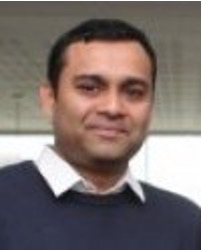
Ajith Kumar Parlikad is Professor in Asset Management at Cambridge University Engineering Department. He is based at the Institute for Manufacturing, where he is the Head of the Asset Management research group. He is a Fellow and Tutor at Hughes Hall.
Ajith leads research activities on engineering asset management and maintenance. His particular focus is examining how asset information can be used to improve asset performance through effective decision-making. He actively engages with industry through research and consulting projects. He is currently the Scientific Secretary of the IFAC TC5.1 Working Group on "Advanced Maintenance Engineering, Services and Technology" and sits on the steering committee of the UK Digital Twin Hub. Ajith's current research focusses on the development and exploitation of digital twins of complex asset systems bringing together data from disparate sources to improve asset management.
Ajith joined Cambridge University to read for his PhD degree, which he successfully completed in August 2006. For his PhD, he developed a methodology for quantifying the benefits of improving product information availability and quality on the effectiveness of product recovery processes.
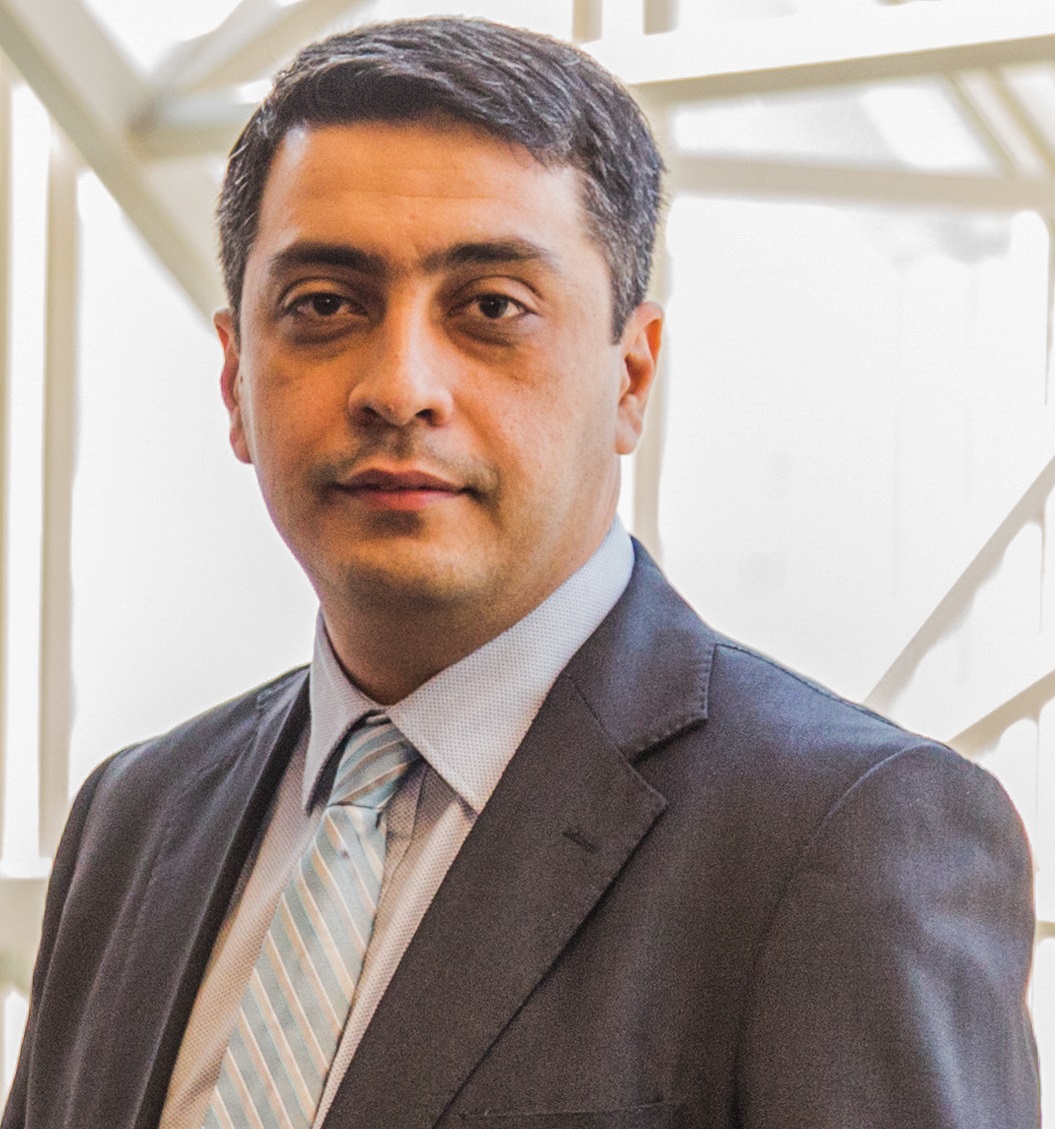
Alireza Mohammadi, PhD., P. Eng., is a civil engineer since 2002 with extensive experience working in infrastructure Engineering, Procurement, Construction, and Asset Management. He is also a university course instructor, UN consultant & chief trainer, and research scholar in the field of infrastructure asset management. His goal is to help asset managers objectively optimize maintenance, rehabilitation, and replacement investments for public infrastructure to improve the level of service as well as enhance Sustainable Development Goals (SDGs). He published several papers in high-ranked journals and conferences about sustainable Infrastructure Asset Management. Alireza has received multiple awards and honors in recognition of his achievements. He is also co-author of a published textbook titled "Asset Management Decision-Making for Infrastructure Systems" Access Alireza's Webpage here